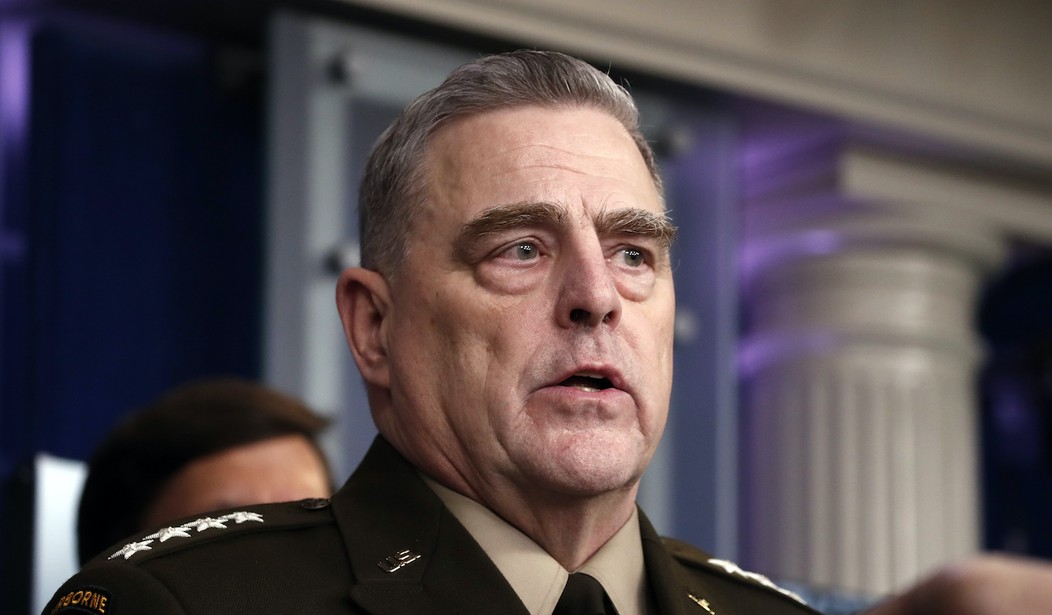Pentagon officials are confirming that despite the U.S. withdrawal, drone strikes continue to be ordered in support of the Afghan army.
“I can say that in the last several days, we have acted through airstrikes to support the ANDSF, but I won’t get into technical details of those strikes,” Pentagon press secretary John Kirby said at a briefing on Thursday.
Three of the most recent drone strikes have targeted U.S. equipment that had been transferred to the Afghan army and abandoned when the Taliban approached.
How much of a clusterfark is the withdrawal from Afghanistan becoming? Chairman of the Joint Chiefs of Staff General Mark Milley had been assuring the public that the Afghan government could hold against the Taliban despite the enemy’s progress sweeping through the country. He didn’t sound quite so confident at a press briefing on Thursday.
“Strategic momentum appears to sort of be with the Taliban,” Milley said. Isn’t that kind of like a woman being “sort of” pregnant?
US Central Command, which is in charge of Afghanistan, said recently that the withdrawal of US forces is more than 95% complete. President Joe Biden has said the withdrawal would be complete by the end of August. Approximately 650 troops are set to remain in the country to secure the US diplomatic presence in Afghanistan, including the embassy, and to assist in securing Kabul’s international airport, which is a necessary facility for the movement of diplomats.
It’s not Milley’s fault. As soon as Joe Biden announced that the U.S. was cutting and running from Afghanistan, the Taliban became emboldened and the Afghan army began to desert.
Related: U.S. Diplomats in Afghanistan Have a Hopeless Task
“There’s a possibility of a complete Taliban takeover or a possibility of any number of other scenarios, breakdown, warlordism, all other kinds of scenarios that are out there. We’re monitoring very closely, I don’t think the end game is yet written,” he said.
The general has nothing to worry about. The Taliban is writing the end game as he speaks.
The Taliban say they don’t want to monopolize power, but they insist there won’t be peace in Afghanistan until there is a new negotiated government in Kabul and President Ashraf Ghani is removed.
In an interview with The Associated Press, Taliban spokesman, Suhail Shaheen, who is also a member of the group’s negotiating team, laid out the insurgents’ stance on what should come next in a country on the precipice.
So they don’t want to “monopolize” power but they want to be able to dictate the makeup of the new government? It’s going to get very bloody in Afghanistan even before the last Americans leave.










Join the conversation as a VIP Member